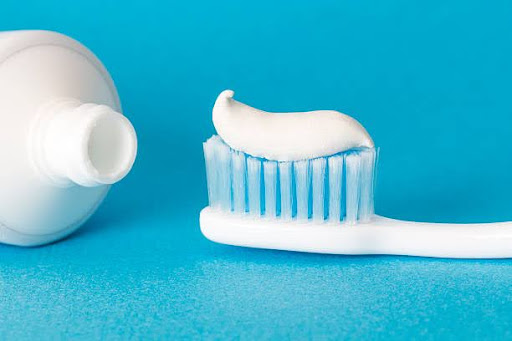
At Vienna Cosmetic & Family Dentistry, we recognize the integral relationship between oral health and overall well-being. Research confirms the profound impact of oral health on general health, highlighting the importance of maintaining a healthy mouth for overall wellness.
Oral health issues, such as gum disease and tooth decay, can significantly affect your overall health. Gum disease, in particular, has been linked to serious conditions like heart disease, stroke, and diabetes. The bacteria responsible for gum disease can enter the bloodstream, potentially causing systemic inflammation and contributing to various health problems. Additionally, poor oral health has been associated with respiratory infections, osteoporosis, and certain types of cancer.
Conversely, underlying health conditions can also impact oral health. Individuals with diabetes are more susceptible to gum disease, while cancer patients undergoing treatment may experience oral health complications such as mouth sores and dry mouth.
To safeguard both your oral health and overall well-being, consider the following tips:
- Maintain Optimal Oral Hygiene: Commit to brushing your teeth twice daily, flossing regularly, and using mouthwash to eliminate bacteria and prevent oral health issues.
- Adopt a Nutritious Diet: Limit sugary and acidic foods and beverages that can contribute to tooth decay and gum disease. Instead, opt for a balanced diet rich in fruits, vegetables, and whole grains.
- Stay Hydrated: Drinking an adequate amount of water helps rinse away food particles and bacteria, while also promoting saliva production to keep your mouth moist and healthy.
- Avoid Tobacco Use: Smoking is a significant risk factor for gum disease, tooth loss, and oral cancer. Quitting smoking can significantly improve your oral and overall health.
- Schedule Regular Dental Check-ups: Routine visits to your Dentist in Vienna are crucial for maintaining optimal oral health and detecting any issues early on.
The correlation between oral health and overall wellness underscores the importance of proactive dental care. By prioritizing good oral hygiene practices, adopting a healthy lifestyle, and seeking regular dental care, you can safeguard your oral and general health for years to come. Contact Vienna Cosmetic & Family Dentistry today to schedule your next appointment and take proactive steps towards optimal health and well-being.







